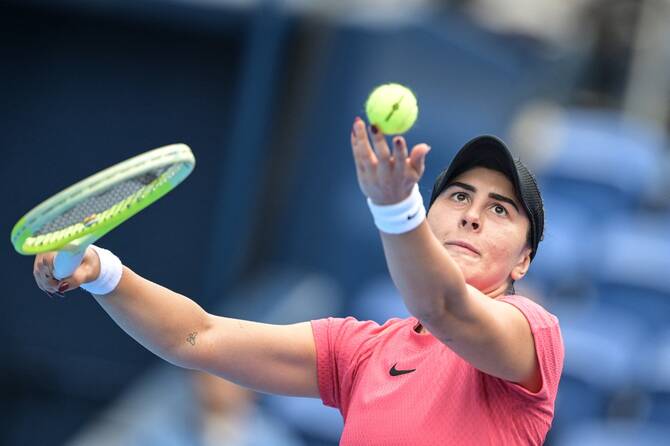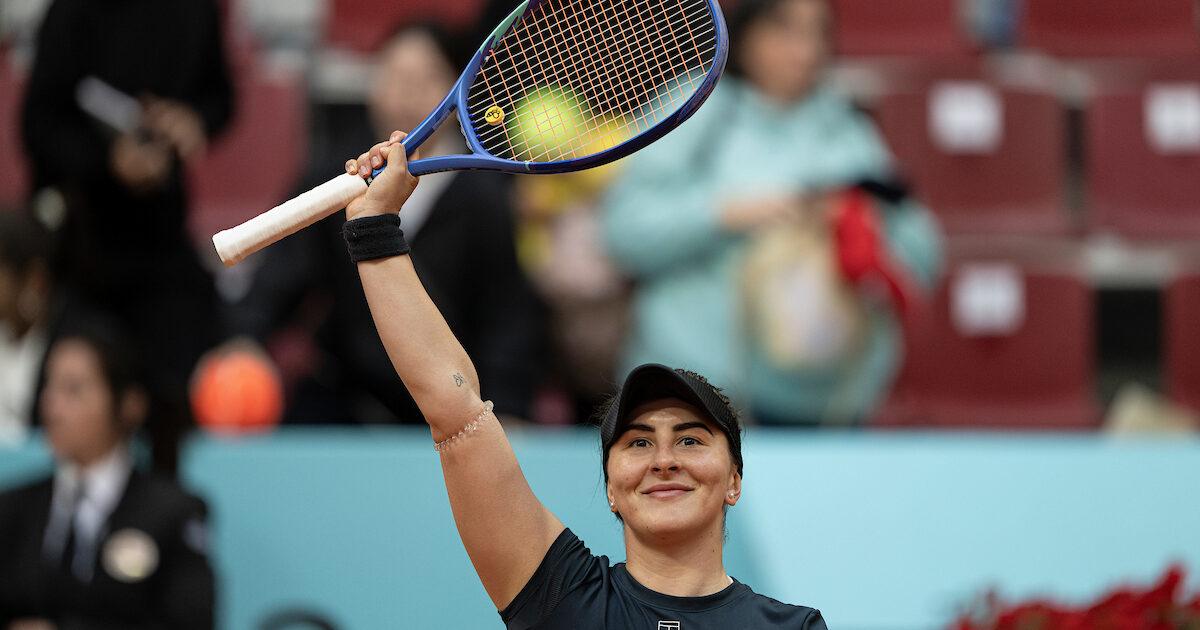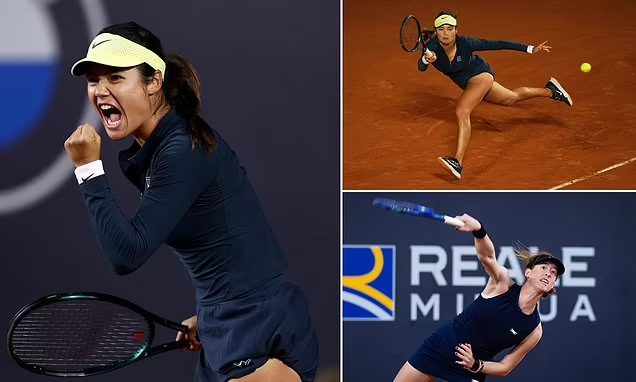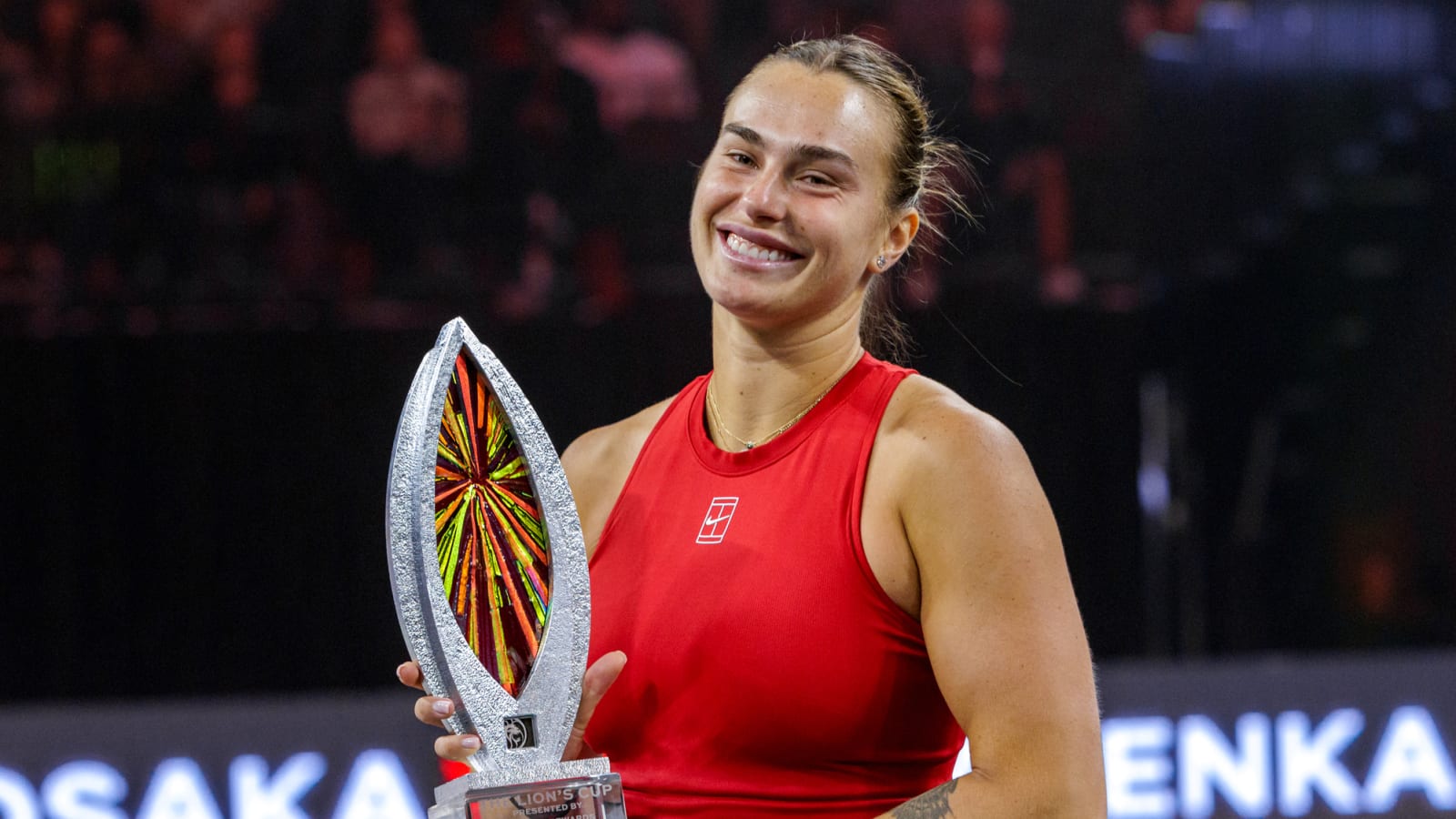Bianca Andreescu has been one of the brightest stars in women’s tennis over the past few years. Bursting onto the scene with her groundbreaking 2019 US Open win, the Canadian sensation quickly captured the world’s attention with her fierce competitiveness and undeniable talent. But as the spotlight shines brightest on the court, there’s a quieter, more personal journey that Andreescu is navigating — the challenge of finding purpose and identity beyond tennis.
In this blog, we explore how Bianca Andreescu is confronting this universal struggle, what it reveals about the mental and emotional demands of professional sport, and why her journey off the court resonates deeply with fans and fellow athletes alike.
The Pressure Cooker of Professional Tennis
For many top athletes, especially young stars like Andreescu, tennis is not just a career — it becomes a defining identity. The countless hours of training, traveling, and competing often leave little room for anything else. Bianca Andreescu’s rise to fame was meteoric, and with that success came intense expectations.

“Winning a Grand Slam at such a young age was a dream, but also a huge responsibility,” Andreescu once shared in an interview. “It’s easy to get lost in the sport and forget who you are outside of it.”
This sentiment is common among athletes but particularly poignant for Andreescu, who has faced multiple injury setbacks and intense media scrutiny since her US Open breakthrough. Finding balance has proven to be a significant challenge.
Struggles With Identity: More Than Just a Tennis Player
One of the biggest challenges Andreescu openly discusses is how to cultivate a sense of self that extends beyond tennis. When the racket is put down, who is Bianca?
“I’ve had moments where I asked myself, ‘What’s my purpose if I’m not on the court?’” she confessed during a recent press conference. “That’s something a lot of athletes face, but it’s a tough question to answer.”
This quest for identity is not unique to Andreescu, but her willingness to speak about it publicly has sparked important conversations about mental health in sport. In a world that often defines players purely by their wins and losses, Bianca’s story is a reminder that athletes are multifaceted human beings.
The Role of Mental Health and Support Systems
Andreescu’s openness about her mental health struggles, including anxiety and injury recovery, has helped shed light on the critical role of emotional wellbeing in sports performance. She credits much of her progress off-court to a strong support system — family, coaches, therapists, and close friends who encourage her to explore life beyond tennis.
“It took time to accept that it’s okay not to have all the answers right away,” she said. “But with support, I’ve learned to be patient with myself and explore different passions.”
This shift in mindset marks a major evolution for Andreescu, moving from a relentless competitor to a more balanced individual who values rest, hobbies, and personal growth alongside athletic goals.
Exploring Passions Beyond the Baseline
Away from the bright lights and roaring crowds, Bianca Andreescu has been quietly discovering new interests that help define her outside of tennis.
She has shown an interest in fashion, philanthropy, and advocacy — areas where she can use her platform for impact. For example, Andreescu has actively supported youth sports initiatives in Canada, aiming to inspire the next generation of athletes while also highlighting the importance of mental health awareness.
Engaging in creative pursuits like fashion design and community work not only offers a mental break but also helps build a more holistic identity.
The Impact on Performance: Why Purpose Matters
Many sports psychologists argue that having a strong sense of purpose beyond competition can actually improve athletic performance. When players connect with values and interests outside their sport, they tend to experience less burnout and more resilience.
For Bianca Andreescu, this is proving true. As she embraces a fuller identity, her mindset on court appears sharper and more focused. She no longer views tennis as the sole source of validation, which paradoxically frees her to play with greater joy and less pressure.
Fans and Fellow Players React
Andreescu’s honesty has resonated widely, both with fans and fellow players. Social media is flooded with messages of support and admiration from people who appreciate her vulnerability.
Fellow tennis stars like Serena Williams and Naomi Osaka have also spoken out about the importance of mental health and identity, making Andreescu part of a broader movement pushing the sport toward greater openness and humanity.
What Lies Ahead for Bianca Andreescu
As Bianca Andreescu continues her comeback and aims to climb back up the WTA rankings, her journey off the court will likely remain just as important. Finding purpose outside tennis does not mean stepping away from competition — rather, it’s about integrating who she is fully as a person with the athlete she is.
For fans and followers, watching Andreescu’s growth on and off the court offers a richer, more inspiring story — one that goes beyond trophies to touch on what it means to be human.

Final Thoughts: Why Bianca Andreescu’s Journey Matters
The conversation about finding purpose beyond sport is relevant to anyone juggling career, passion, and personal identity — not just athletes. Bianca Andreescu’s courage to share her challenges shines a light on the mental health realities of elite sport and offers hope for a more compassionate future.
As her career evolves, Bianca reminds us all that success is multi-dimensional, and sometimes the greatest victories happen away from the scoreboard.


